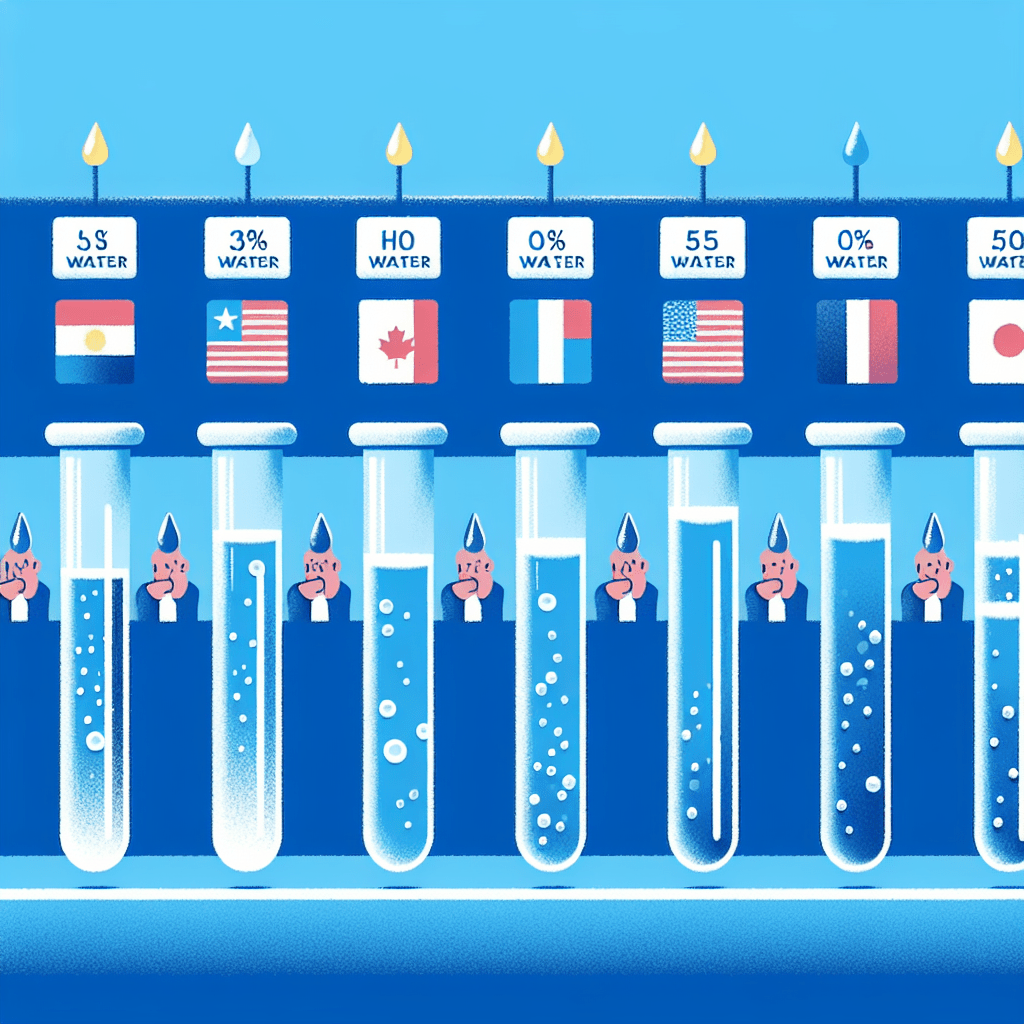tap water drinking quality in different countries

Understanding the Quality of Tap Water around the World
Tap water is a vital resource, and its quality varies significantly across the globe. Many factors influence its quality, including geographical location, local infrastructure, and environmental regulations. This article will explore the drinking quality of tap water in different countries and the implications it has on the health and wellness of their populations.
Tap Water Quality in Developed Countries
In developed countries like the United States, Canada, and most of Europe, tap water is generally safe to drink. It's treated and tested regularly to ensure it meets high health and safety standards. According to the Environmental Protection Agency (EPA), "U.S. tap water is among the safest in the world." However, it's essential to note that even in these countries, water quality can vary from region to region due to factors like aging infrastructure and environmental pollution.
Tap Water Quality in Developing Countries
On the other hand, in many developing countries, tap water is often not safe for consumption. According to the World Health Organization (WHO), "Nearly 2 billion people drink contaminated water that could be harmful to their health." In these regions, water sources are often polluted with harmful bacteria, viruses, and parasites, leading to a high risk of waterborne diseases.
Impact of Water Quality on Health
The quality of tap water has a direct impact on health. Clean, safe drinking water is essential for maintaining hydration, which is crucial for overall health and wellness. As the American Heart Association states, "Staying hydrated is critical for your heart health." On the other hand, drinking contaminated water can lead to a range of health issues, including gastrointestinal illnesses, neurological disorders, and even certain types of cancer.
"Water is the driving force of all nature." - Leonardo da Vinci
Improving Tap Water Quality
Improving tap water quality requires a multi-faceted approach. It involves strengthening water treatment processes, improving infrastructure, implementing stricter environmental regulations, and educating the public about the importance of water conservation. The World Health Organization emphasizes, "Safe and readily available water is important for public health."
Conclusion
In conclusion, the quality of tap water varies widely across the globe. While it's generally safe to drink in developed countries, many people in developing countries lack access to clean, safe drinking water. This disparity underscores the need for concerted global efforts to improve water quality and accessibility. As we continue to work towards this goal, it's crucial to remember the importance of hydration for overall health and wellness.
"The importance of hydration for maintaining heart health cannot be overstated." - American Heart Association
Summary
Tap water quality varies significantly worldwide, with developed countries generally providing safe drinking water, while many developing countries struggle with water contamination. This disparity has significant health implications, emphasizing the need for global efforts to improve water quality and accessibility. The importance of clean, safe water for hydration and overall health is a critical aspect of this discussion.



